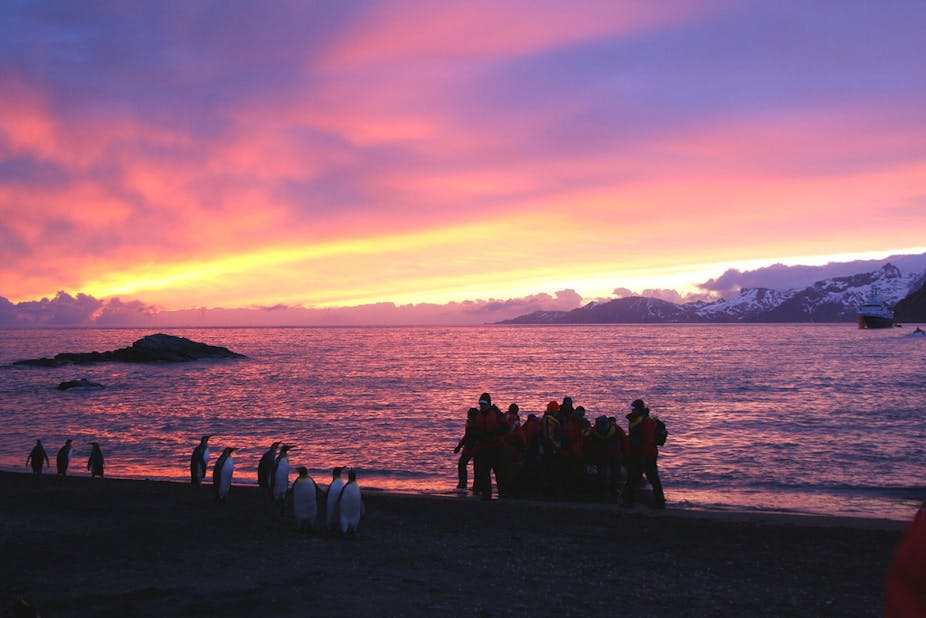Over the past couple of decades, India’s vultures have been all but wiped out. They have been poisoned by a veterinary drug given to cattle whose carcasses they then eat. While medicinal for cattle, the drug causes eventual kidney failure and painful death for vultures.
I am not an ecologist or a veterinarian, and so when I travelled to India in 2009 to research vulture decline, the object of my study was not exactly the vultures themselves. Rather, I was interested in how the force of their absence has rippled out into the environment.
For example, the small Parsi community in Mumbai have traditionally exposed their dead to vultures. In their absence, this funerary system has all but broken down. There are now also real fears that the millions of cow, buffalo and camel carcasses that vultures once consumed will lead to a growth in fast-breeding scavengers like rats and street dogs. These animals will bring with them diseases like rabies and plague that are easily spread to humans (not to mention other animals, including some already endangered species).
When we look at these broader impacts of pending extinction, it becomes immediately apparent how entangled human communities are in the worlds of other species. To produce genuine understanding of the causes, impacts and potential solutions to species decline, the humanities and social sciences will have to be involved.
The task of the environmental humanities
From climate change to toxic waste, from biodiversity loss to deforestation, we are slowly realising that science, technology and economics simply do not have all of the answers. The time has come to take the humans involved in environmental issues as seriously as we have taken our fine-grained analyses of climate, ecosystems, hydrology, and all of the other facets of our “natural” world. This is the task of the environmental humanities.

In one sense, this focus is familiar. For several decades there have been efforts to better understand and intervene in the “human dimensions” of environmental issues. Many of these efforts, however, have been guided by simple behaviourist or economic models of human thought and action, and dominated by quantitative approaches.
In contrast, the environmental humanities rests on a richer analysis of the underlying cultural frameworks that structure understanding of our environments. In taking up these topics, we are required to delve into religion and literature; to explore ethical and philosophical assumptions about “our” place in the world - as individuals, as cultures, and indeed as a species; and to draw upon historical and cross-cultural research to understand how human lives and worldviews have varied and changed. And with what consequences for whom.
A blossoming interest
Since 2011, research centres and postgraduate programs in the environmental humanities have sprung up at universities all around the world. In the USA they’re at Cornell, Stanford, Utah, SUNY Stony Brook and Oregon State. Even the cash strapped UCLA has announced three senior appointments in the area.
Providence University in Taiwan has integrated many of these humanist approaches into the study of ecology (in the country’s first ecology department). In Europe, East Anglia now has an MA in Environmental Sciences and Humanities, while KTH in Stockholm is launching an Environmental Humanities Lab.
Numerous similar developments are underway in Australia, with research centres at a range of universities (including the long running Ecological Humanities group). In 2013, UNSW will launch Australia’s, and one of the world’s, first undergraduate majors in the Environmental Humanities (alongside existing MA (Research) and PhD programs).
At each of these universities, this broad area of scholarship is being taken up and developed in a distinct way. Common to all of them, however, is an emphasis on the importance for environmental scholarship of questions that have traditionally dominated research in the humanities. The questions of meaning, value, narrative, ethics, justice and the politics of knowledge production.
Crisis as driver for change
The recent flowering of the environmental humanities points to several important developments within, and indeed challenges to, the humanities. Perhaps in large part driven by the perception of a deepening environmental crisis, environmental discussions are slowly moving out of their marginal place within the humanities (a recent example being the International Consortium of Humanities Centres and Institutes Humanities for the Environment Initiative, in 2011).

What it means to be human must be rethought once we understand the environment as something more than a passive background to human dramas. As the great Australian philosopher Val Plumwood noted, one of the central challenges to the humanities today is that of rethinking “the human” in ecological terms. This requires us to explore the entanglement of cultural, philosophical, religious and political systems within the ecological systems that make life possible at all.
And so, taking the environment seriously has required humanities scholars to explore interdisciplinary approaches. While it is not yet clear what will happen under the umbrella of “the environmental humanities”, one of the things that this label both allows and encourages is the broadening of conversations between humanities and social and natural science disciplines and beyond.
As part of an effort to further these interdisciplinary conversations, in November 2012 a group of Australian scholars will launch Environmental Humanities, the first international journal in the area.
This is undeniably an exciting time for the environmental humanities as a field of research and teaching. For too long, the humanities have not been interested in the environment, and those concerned with environmental issues have not been interested in the humanities. Let us hope that this new development translates into a more meaningful, hopeful, and sustainable vision of our world and the place of diverse human communities within it.

